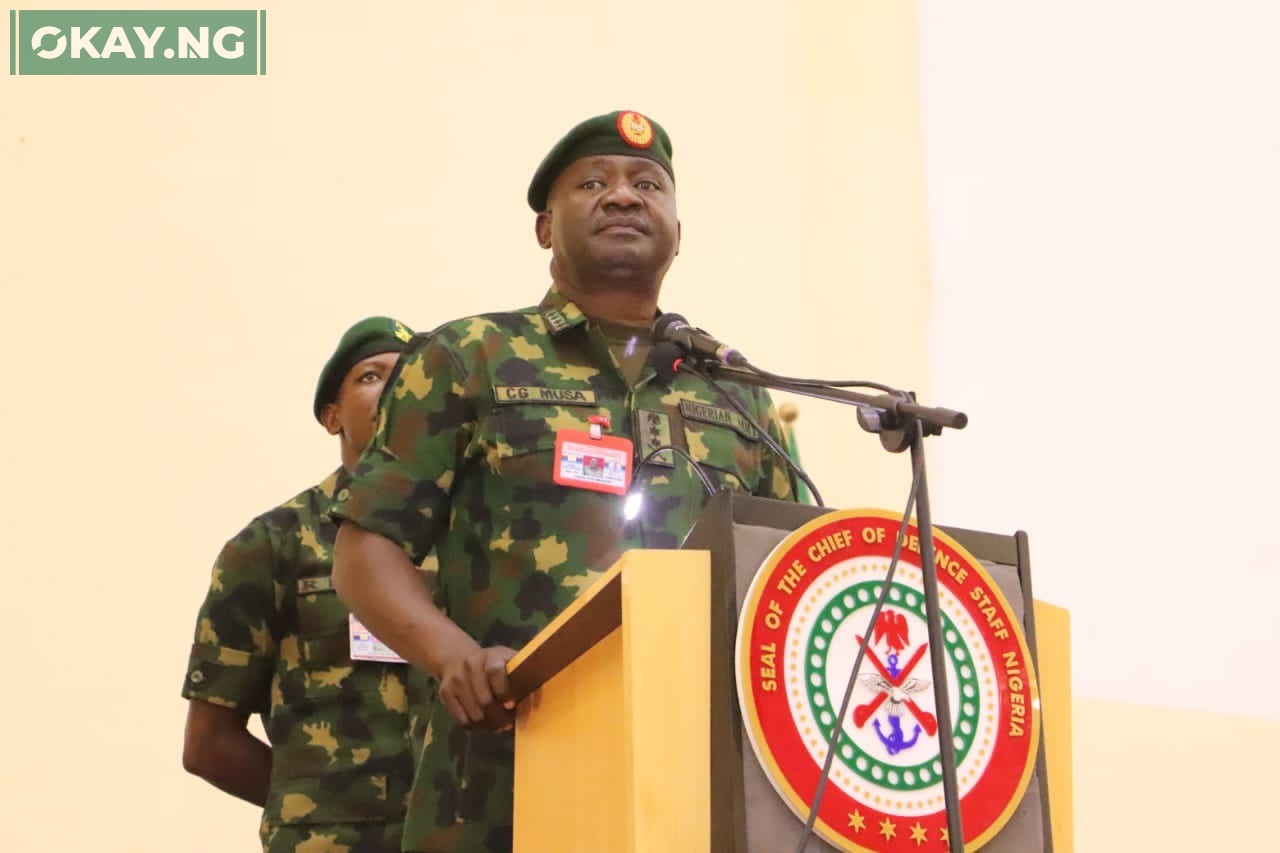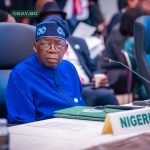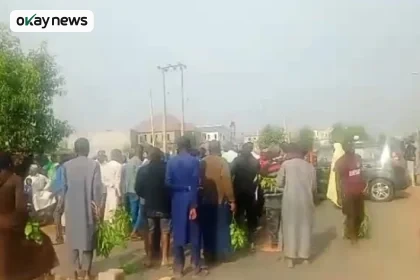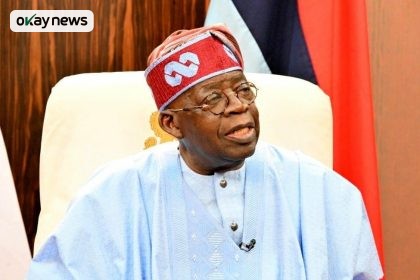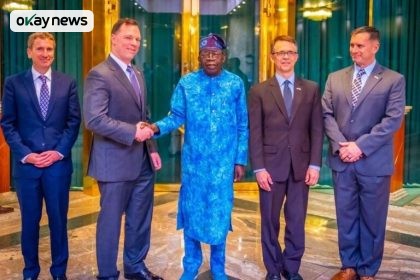The Chief of Defence Staff, General Christopher Musa, has drawn a direct connection between the alarming rise in violent killings across Nigeria and political maneuverings ahead of the 2027 general elections.
Nigeria is witnessing renewed waves of terrorism in the North-East, banditry in the North-West, and unrelenting communal clashes in Benue and Plateau States. Just this week, 34 worshippers were murdered during prayers at a mosque in Unguwar Mantau, Malumfashi Local Government Area of Katsina State.
Speaking during an interview on Politics Today, a programme aired on Channels Television, the Defence Chief alleged that political actors were deliberately inciting violence to portray the government as failing in its security responsibilities.
“Criminals, both bandits and terrorists, work together. They have a common goal to make money and destabilise communities. But there is also a political angle. Some individuals don’t want peace because when there is peace, the government is seen to be doing well. When there is no peace, the government is seen to be failing,” Musa stated.
According to him, the sudden escalation in attacks this year, compared to the relatively lower number of deaths recorded last year, indicates a deliberate strategy by certain actors to exploit insecurity as a campaign tool.
General Musa also disclosed that terrorism in Nigeria thrives on both local and international funding networks, a matter that agencies such as the Attorney-General of the Federation (AGF), Nigerian Financial Intelligence Unit (NFIU), Department of State Services (DSS), and the National Intelligence Agency (NIA) are actively investigating.
“The process of naming terrorism financiers is on. Just last week, the AGF and others went to check. It has to do with legal issues and international connections. Some of them get funds from outside. The NFIU has been doing so much; arrests have been made, and prosecutions have started. Those behind the Owo bombing are already facing trial,” Musa explained.
okay.ng reports that Musa lamented Nigeria’s weak judicial system, which he argued often frustrates the prosecution of terrorism-related offences. He called for the establishment of special terrorism courts, stronger punishments, and speedier trials to checkmate impunity.
He further noted that instability in the Sahel region—particularly in countries like Niger, Mali, and Burkina Faso—poses a constant threat to Nigeria’s internal security due to porous borders and black markets for arms. “Since Libya fell, the Sahel has been open. You can buy any weapon in those markets,” Musa warned, adding that Nigerians’ culture of openness towards strangers has allowed dangerous infiltrators to fester.
The Defence Chief also addressed the technological and financial limitations of Nigeria’s Armed Forces. He cited the high cost of precision weapons, compounded by global supply challenges from the Russia-Ukraine war, as a major obstacle. Nevertheless, he disclosed that recent drone operations had successfully neutralised over 100 terrorists.
Musa expressed optimism that President Bola Tinubu’s approval of the Defence Industrial Bill would encourage local production of military equipment, reduce dependency on foreign manufacturers, and enhance Nigeria’s long-term security capacity.


